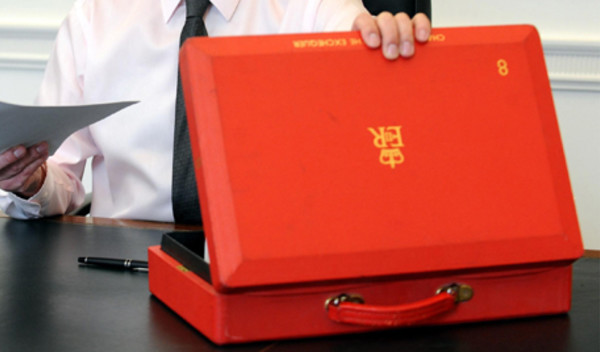

A solution to solve a loophole in which as many as 300,000 low-earners are being denied tax relief has been proposed to the government.
The Low Incomes Tax Reform Group (LITRG), an initiative from the Chartered Institute of Taxation, has written to the Chancellor with a submission for the 2018 Budget, where it details how HM Revenue & Customs (HMRC) could solve the issue of low paid workers missing out on tax relief when they are enrolled in a net pay arrangement scheme.
The LITRG solution would be to introduce an extra step in the annual assessment carried out by HMRC, which uses real-time information provided by the employer, in order to calculate whether or not an employee has paid the right amount of tax.
The working group said this computer-generated calculation, called P800, could include a check for any unrelieved net-pay arrangement contributions.
A 20 per cent tax refund could then be generated on these contributions.
The working group stated this change could be effected by making "a simple amendment" to section 23 of the Income Tax Act 2007.
Former pensions minister Baroness Ros Altmann, who has been alerting to this problem, told FTAdviser that she is pleased that "this issue is being properly discussed and solutions sought".
She said: "Using real-time information can help and it is really urgent that the Treasury addresses this injustice."
Members of pension schemes who don't pay income tax are permitted to basic rate tax relief of 20 per cent on pension contributions up to £2,880 a year.
In practice this means HMRC will top up a net contribution of £2,880 to a gross £3,600.
The problem is this tax relief is only available where the pension scheme operates on a relief-at-source basis, which is only accessible through a handful of companies.
It is not available for schemes that operate a net pay arrangement, which are the majority of pension funds in the market.
The difference between these two arrangements has become more noticeable since the income tax personal allowance increased to £11,850, which is above the auto-enrolment minimum threshold of £10,000.
HM Treasury has not taken any action on this matter, saying previously it was "up to employers, not government, to decide which scheme best suits the needs of their employees".
This tax loophole has been branded the "next payment protection insurance scandal", with only three of the top 17 master trust providers in the UK market offering relief at source to their members.
The working group said: "We believe the current situation for low-paid earners under net pay arrangements is very unfair, particularly given the fact that they have no control over the pension scheme that their employer chooses for them and, indeed, that many of them will have been encouraged into auto-enrolment on the basis that they pay in, their employer pays in and the government pays in."
For the self-employed, the LITRG suggested a mechanism to claim the relief could be built into the self-assessment processes.
With a few tweaks, the group believes, a process could be developed to deal with the different rates that apply to Scottish taxpayers – i.e. that 19 per cent taxpayers in net pay arrangements get tax relief at 19 per cent, whereas those in relief at source mechanisms get tax relief at 20 per cent.
An HMRC spokesperson said: "Pension tax relief is available for those earning below the personal tax allowance schemes using relief at source. Some major pension schemes designed for automatic enrolment use relief at source precisely because it gives access to tax relief for low earners.
"If a scheme is an occupational pension scheme, they have the option of using either relief at source or a net pay arrangement – they can choose. If they are not an occupational pension scheme, for example if they are a master trust or a personal pension provider, then they must use relief at source.
"HMRC keeps all its processes under review."
maria.espadinha@ft.com



